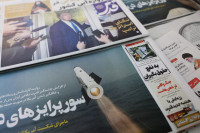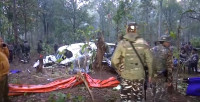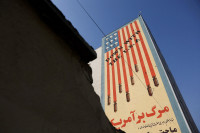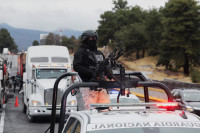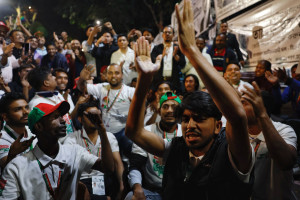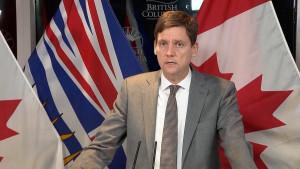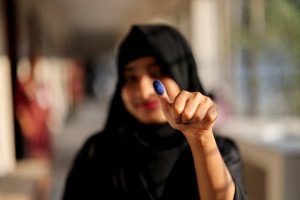World
Thailand and Cambodia reinforcing troops on disputed border after May skirmish, Thai minister says
Tensions between the two Southeast Asian countries have been simmering since a Cambodian soldier was killed on May 28 in a brief conflict in an undemarcated border area.
Reuters
Thailand has reinforced its military presence along a disputed border with Cambodia, following an increase in troops on the other side, Thailand's defence minister said on Saturday.
Tensions between the two Southeast Asian countries have been simmering since a Cambodian soldier was killed on May 28 in a brief conflict in an undemarcated border area. For days, the two Southeast Asian governments have been exchanging carefully worded statements committing to dialogue.
But Phumtham Wechayachai, who also serves as Thailand's deputy prime minister, said Cambodia had rejected proposals in bilateral talks held on Thursday that could have led to a de-escalation.
"Furthermore, there has been a reinforcement of military presence, which has exacerbated tensions along the border," Phumtham said in a statement.
"Consequently, the Royal Thai Government has deemed it necessary to implement additional measures and to reinforce our military posture accordingly."
He did not provide details on the extent of reinforcements by either side.
In a separate statement on Saturday, the Thai army said Cambodian soldiers and civilians had repeatedly made incursions into Thailand's territory.
"These provocations, and the build-up of military forces, indicate a clear intent to use force," the Thai army said, adding that it would take control of all Thai checkpoints along the border with Cambodia.
Although border checkpoints between the two countries remain open, they may gradually become more restrictive, ranging from earlier closing times to complete closures, depending on security assessments in each area, Thai army spokesperson Winthai Suvaree said.
Thailand currently operates 17 official border crossings with Cambodia, spanning seven provinces along their shared 817-km (508 miles) frontier, government data shows.
A spokesperson for Cambodia's foreign ministry did not immediately respond to questions from Reuters on the Thai army's announcement.
"This is our stance, not to initiate conflict, but to defend ourselves," Cambodian Prime Minister Hun Manet said in speech earlier on Saturday.
And what message does this send about your seriousness or lack of it when it comes to stopping foreign interference?
"Our guiding principles are ... respect for international legal frameworks. These grounded strategies are key to safeguarding our nation’s sovereignty," he said, adding that its armed forces were ready to defend against aggression.
Thailand remains committed to pursuing bilateral dialogue as a means to restore stability, a spokesperson for the Ministry of Foreign Affairs said on Saturday.
"The Thai side reaffirms its readiness to engage through established bilateral mechanisms, particularly the upcoming meeting of the Thailand-Cambodia Joint Boundary Commission (JBC), scheduled for June 14," Foreign Ministry spokesperson Nikorndej Balankura told reporters.
"We sincerely hope that the negotiations will proceed in good faith", he added.
The military reinforcements come despite efforts by Malaysian Prime Minister Anwar Ibrahim, who is the current chair of the Southeast Asian ASEAN bloc, and China to reduce tensions.
Thailand and Cambodia have for more than a century contested sovereignty at various undemarcated points along their 817 km (508 miles) land border, which was first mapped by France in 1907 when Cambodia was its colony.
Tension escalated in 2008 over an 11th-century Hindu temple, leading to skirmishes over several years and at least a dozen deaths, including during a week-long exchange of artillery in 2011.
Current governments in both countries, however, have enjoyed warm ties. Former leaders Thaksin Shinawatra of Thailand and Cambodia's Hun Sen have had a close relationship, and Thaksin's daughter and Hun Sen's son are now the incumbent prime ministers of their countries.
Still, nationalist sentiment has risen in Thailand and the Thai military said on Friday it is ready to launch a "high-level operation" to counter any violation of its sovereignty.
Cambodia said this week it would refer disputes over four parts of the border to the International Court of Justice and asked Thailand to cooperate.
Phumtham reiterated in his Saturday statement that Thailand does not recognise the jurisdiction of the court and proposed that all boundary-related issues be resolved through bilateral negotiations.




 8.71°C Kathmandu
8.71°C Kathmandu